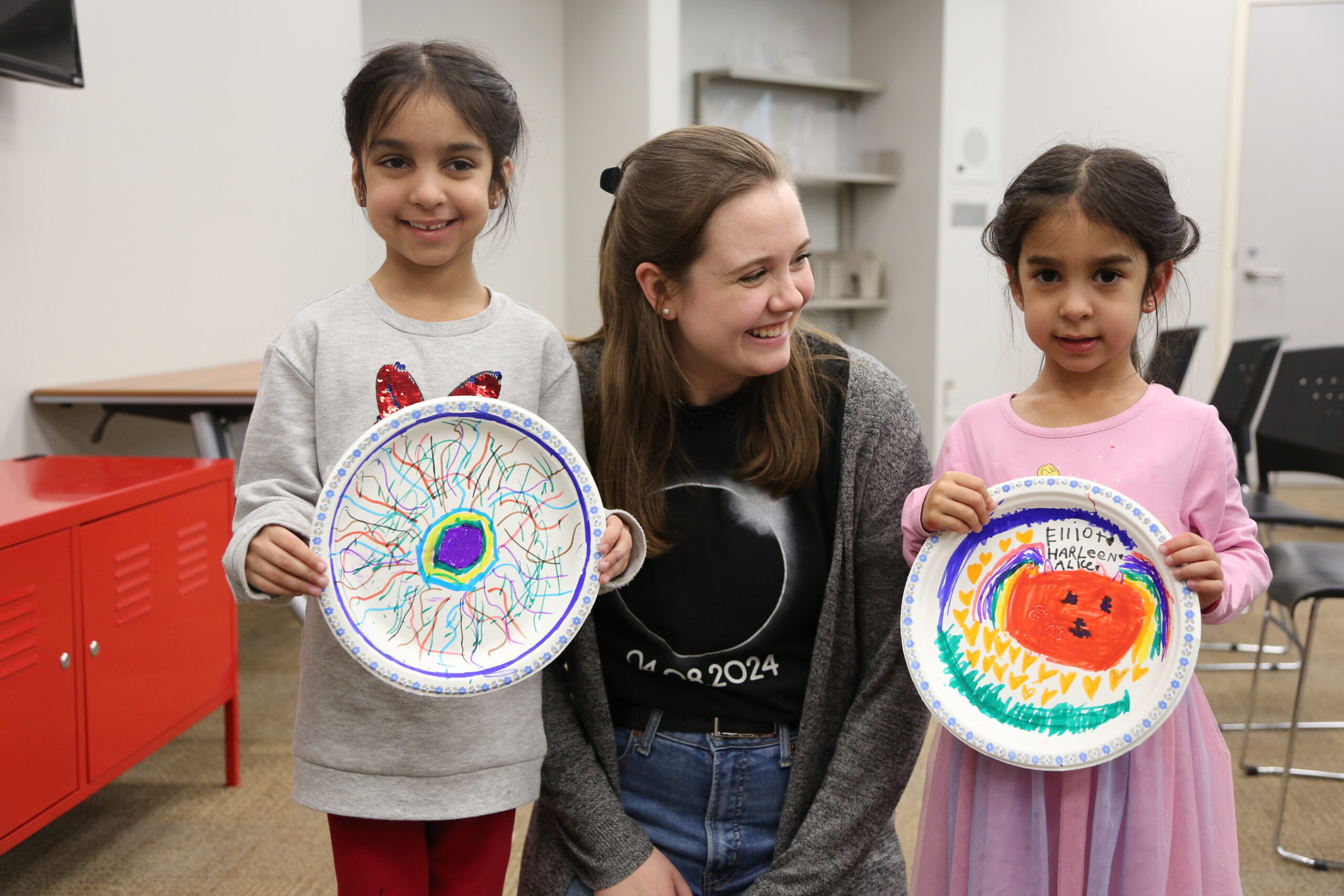Four Faculty Members Awarded Canada Research Chairs

FOUR FACULTY NAMED CANADA RESEARCH CHAIRS
Alemu Gonsamo, Jennifer Heisz, Gita Ljubicic and Gabriel Xiao have been awarded Canada Research Chairs by the Government of Canada.
“Congratulations to our new Chairholders whose pioneering work will advance our knowledge and help to solve complex societal issues,” says Karen Mossman, McMaster’s Vice-President, Research, “The Canada Research Chairs program plays an integral role in our ability to attract and retain scholars with diverse backgrounds which is so important to our research enterprise.”
Alemu, Gita and Gabriel were recruited to the Faculty of Science in 2019 while Jennifer joined in 2013.
“Our Faculty of Science is incredibly proud of Alemu, Jennifer, Gita and Gabriel,” says Dean Maureen MacDonald. “Our colleagues have quickly established themselves as outstanding researchers. The Government of Canada’s major investment in their research will further accelerate the impact of their vitally important work.”
Tier 2 Chairs, which are held for five years and renewable once, support exceptional emerging researchers who have the potential to be leaders in their field. For each Tier 2 Chair,McMaster receives $100,000 annually, with an additional $20,000 annual research stipend for first-term Chairs.
The four McMaster researchers were part of a $195 million investment by the federal government to support 259 new and renewed Chairs across the country. McMaster has been allocated 88 Canada Research Chairs, with 19 Chairs in the Faculty of Science.
The Canada Research Chairs Program invests up to $295 million annually to attract and retain some of the world’s most accomplished and promising researchers. The Government of Canada invests in research in health sciences, engineering, natural sciences, social sciences and the humanities through the three federal research granting agencies: the Social Sciences and Humanities Research Council, the Natural Sciences and Engineering Research Council, and the Canadian Institutes of Health Research.
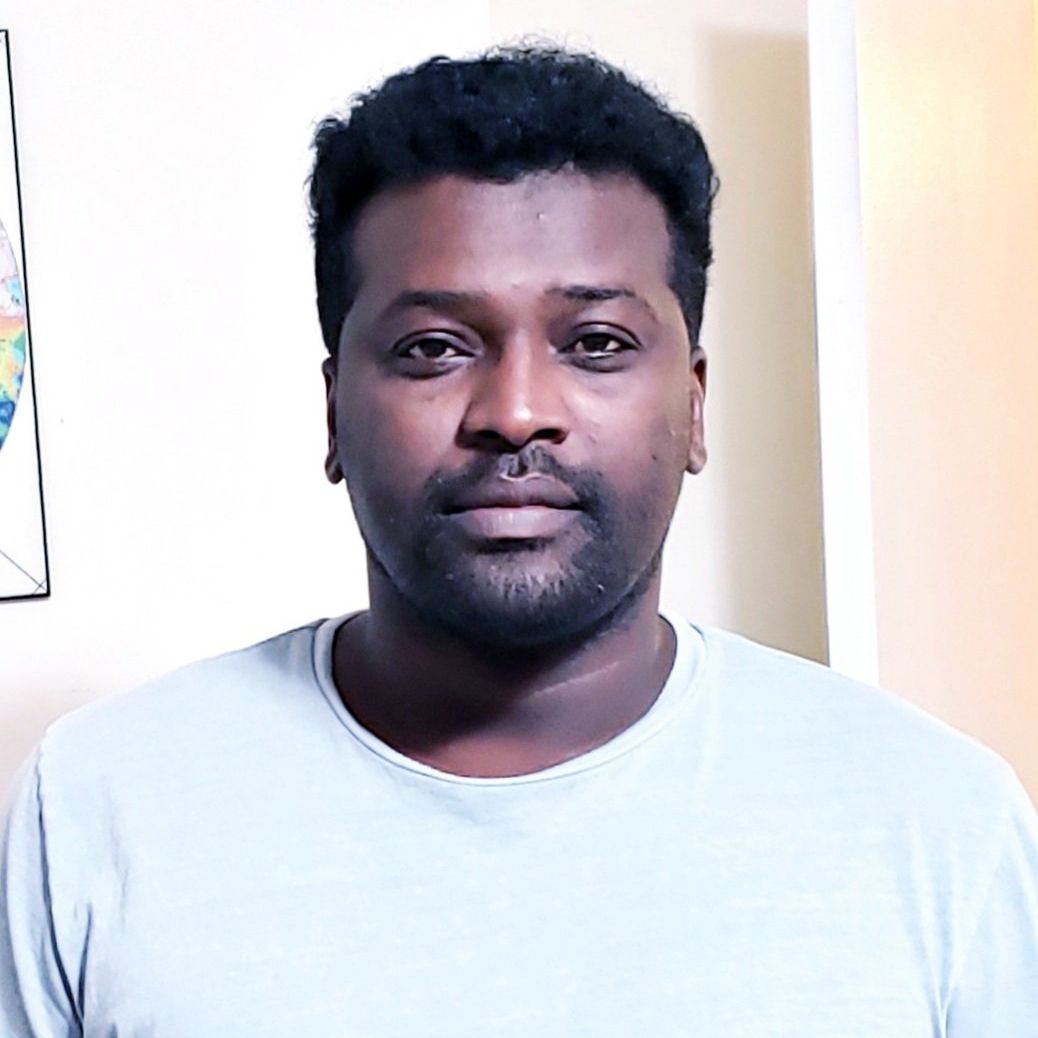 Alemu Gonsamo, an Assistant Professor in the School of Earth, Environment & Society, is the new Canada Research Chair in Remote Sensing of Terrestrial Ecosystems (Tier 2). The global carbon cycle is the exchange of carbon among the atmosphere, oceans and land. The land carbon cycle is less understood than either the atmosphere and ocean carbon cycles, contributing the largest error to the global carbon budget estimates. This is attributed largely to the lack of understanding of the magnitude of carbon dioxide fertilization effect on plant growth and the changing sensitivity of plant growth to warming-induced stress. Alemu’s research program integrates carbon cycle models and emerging satellite technologies that directly measure photosynthesis for improved insight into photosynthetic processes to reduce the land carbon cycle estimation uncertainty.
Alemu Gonsamo, an Assistant Professor in the School of Earth, Environment & Society, is the new Canada Research Chair in Remote Sensing of Terrestrial Ecosystems (Tier 2). The global carbon cycle is the exchange of carbon among the atmosphere, oceans and land. The land carbon cycle is less understood than either the atmosphere and ocean carbon cycles, contributing the largest error to the global carbon budget estimates. This is attributed largely to the lack of understanding of the magnitude of carbon dioxide fertilization effect on plant growth and the changing sensitivity of plant growth to warming-induced stress. Alemu’s research program integrates carbon cycle models and emerging satellite technologies that directly measure photosynthesis for improved insight into photosynthetic processes to reduce the land carbon cycle estimation uncertainty.
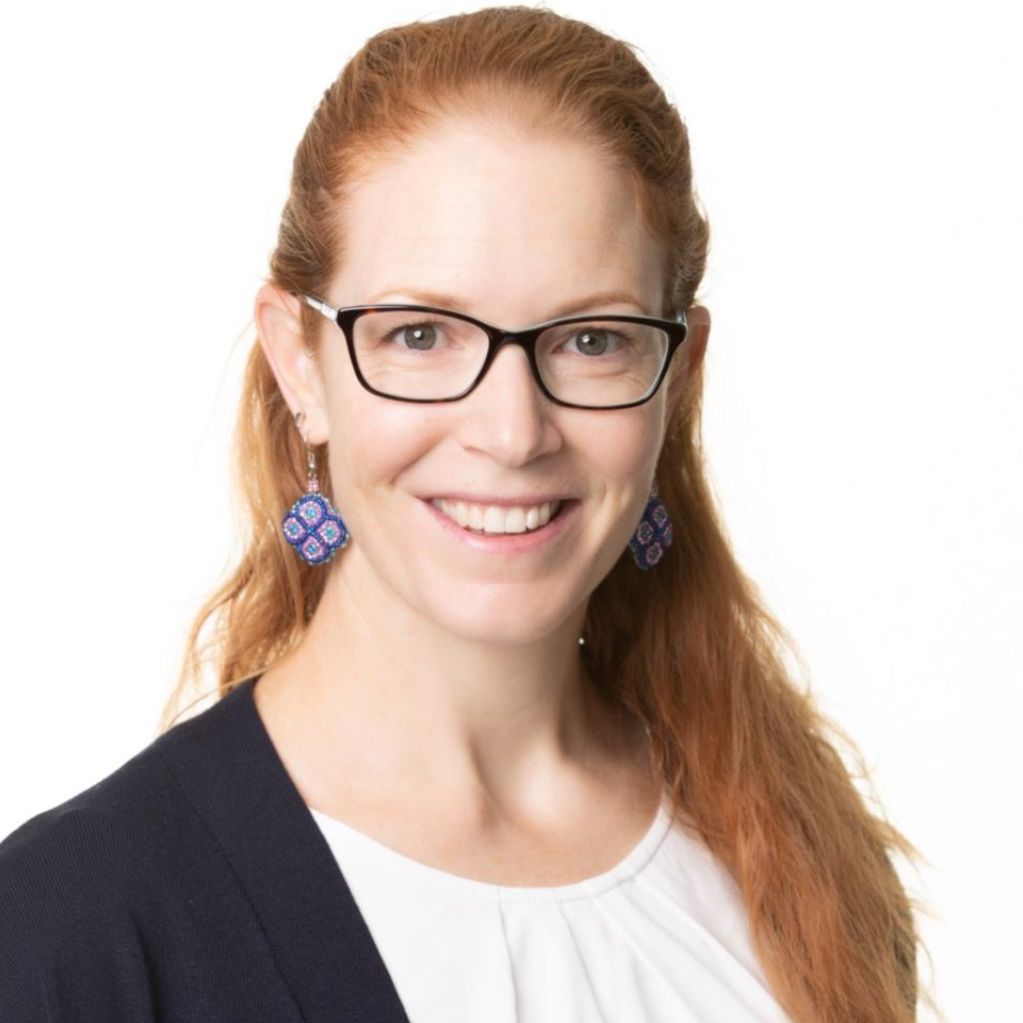 Gita Ljubicic, an Associate Professor in the School of Earth, Environment & Society, is the new Canada Research Chair in Community-Engaged Research for Northern Sustainability (Tier 2). Research in the Canadian North has a conflicted history, being used as both a tool of exploitation and empowerment. Working with Inuit communities in Nunavut, and learning from Elders and Indigenous leaders across Canada, Gita explores how community-engaged research can contribute to northern sustainability. Her research will provide unique insights into the interconnections between climate resilience, environmental governance, and Indigenous self-determination in research.
Gita Ljubicic, an Associate Professor in the School of Earth, Environment & Society, is the new Canada Research Chair in Community-Engaged Research for Northern Sustainability (Tier 2). Research in the Canadian North has a conflicted history, being used as both a tool of exploitation and empowerment. Working with Inuit communities in Nunavut, and learning from Elders and Indigenous leaders across Canada, Gita explores how community-engaged research can contribute to northern sustainability. Her research will provide unique insights into the interconnections between climate resilience, environmental governance, and Indigenous self-determination in research.
“With research interests including remote sensing, the environment, and northern Inuit communities, the CRC appointments of Drs. Alemu Gonsamo and Gita Ljubicic in the School of Earth, Environment & Society are critical to furthering our understanding of the earth’s environment and the impact on northern communities,” says Director Bruce Newbold. “The expertise that Gita and Alemu bring to our School and University will also build knowledge in the next generation of students and scientists.”
 Jennifer Heisz, an Associate Professor in the Department of Kinesiology, is the new Canada Research Chair in Brain Health and Aging (Tier 2). For the first time in history, older people outnumber younger generations. This has created unique health challenges including dementia, a debilitating disorder that cause severe memory loss with no cure. Jennifer’s research examines how one session of exercise impacts the brain to improve memory, and will then determine how those temporary changes become permanent with regular exercise training and whether they can be enhanced with brain training games that target memory. This research will inform evidence-based guidelines for exercise interventions to keep older Canadians healthier longer
Jennifer Heisz, an Associate Professor in the Department of Kinesiology, is the new Canada Research Chair in Brain Health and Aging (Tier 2). For the first time in history, older people outnumber younger generations. This has created unique health challenges including dementia, a debilitating disorder that cause severe memory loss with no cure. Jennifer’s research examines how one session of exercise impacts the brain to improve memory, and will then determine how those temporary changes become permanent with regular exercise training and whether they can be enhanced with brain training games that target memory. This research will inform evidence-based guidelines for exercise interventions to keep older Canadians healthier longer
“The Kinesiology Department is thrilled with the announcement that Dr. Jennifer Heisz has been awarded a Tier 2 Canada Research Chair in Brain Health and Imaging,” says Acting Chair Steven Bray. “In the NeuroFit lab, Jen and her team use multidisciplinary techniques such as cognitive assessments, brain imaging, and circulating biomarkers to generate impactful evidence. That evidence is used to inform scientific policy guidelines for dementia prevention and empower the community through her involvement with McMaster’s Physical Activity Centre of Excellence (PACE) and engaged media presence, with over 40 print interviews, 16 TV and radio broadcast interviews, and 8 op-eds. Dr. Heisz is an outstanding scholar and there is no more worthy recipient of this distinguished recognition – Congratulations Jen!.”
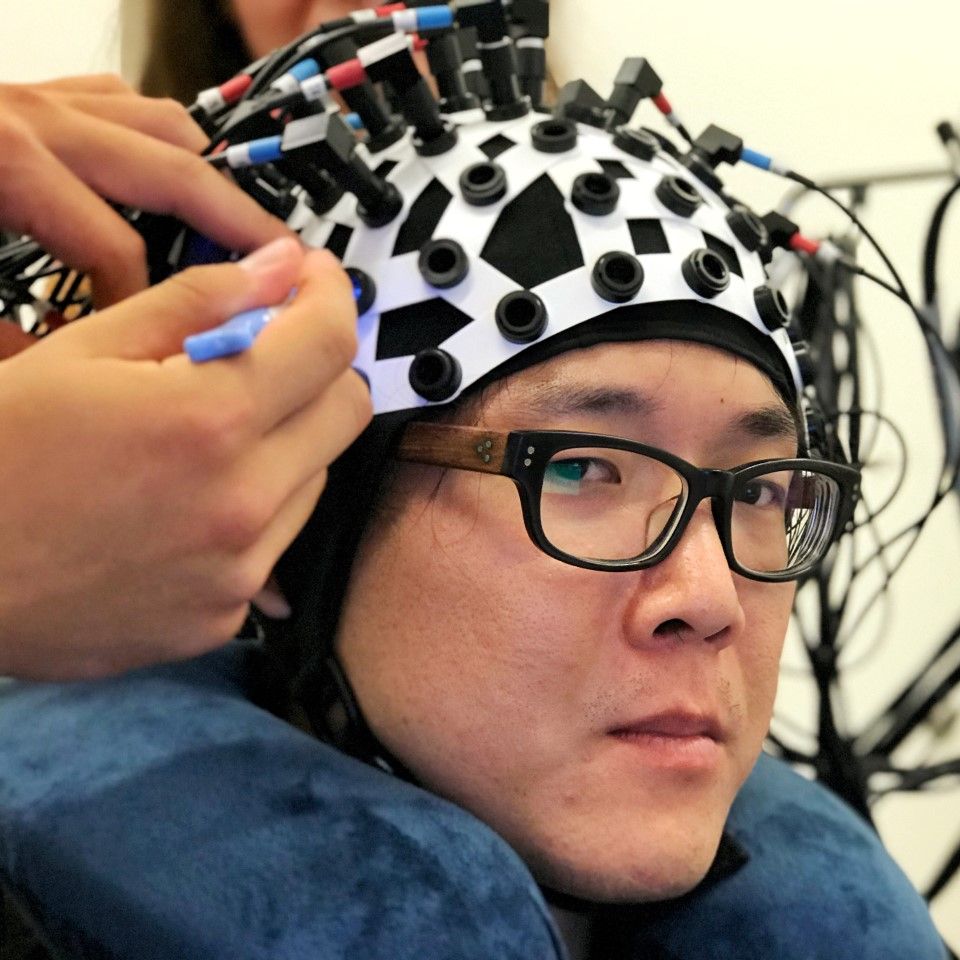 Gabriel (Naiqi) Xiao, an Assistant Professor in the Department of Psychology, Neuroscience & Behavior, is the new Canada Research Chair in Perceptual Development (Tier 2). Gabriel was also awarded an additional $210,000 from the Canada Foundation for Innovation’s John R. Evans Leaders Fund, designed to help universities attract and retain the very best researchers by providing them with the foundational equipment and facilities to ensure they become leaders in their fields. Gabriel’s research investigates the early development of perceptual and social capacities in infancy. While most studies examine infants’ prolonged perceptual development over months, Gabriel will explore how neonates and infants can actively change their perception within seconds and how this cognitive capacity is impaired in pre-term infants. The finding will contribute to understand the origins of cognitive deficits by prematurity. Gabriel will also examine how social biases emerge as early as infancy. Identification of the origin of social biases offers an opportunity for mitigating the pervasive social biases in our society.
Gabriel (Naiqi) Xiao, an Assistant Professor in the Department of Psychology, Neuroscience & Behavior, is the new Canada Research Chair in Perceptual Development (Tier 2). Gabriel was also awarded an additional $210,000 from the Canada Foundation for Innovation’s John R. Evans Leaders Fund, designed to help universities attract and retain the very best researchers by providing them with the foundational equipment and facilities to ensure they become leaders in their fields. Gabriel’s research investigates the early development of perceptual and social capacities in infancy. While most studies examine infants’ prolonged perceptual development over months, Gabriel will explore how neonates and infants can actively change their perception within seconds and how this cognitive capacity is impaired in pre-term infants. The finding will contribute to understand the origins of cognitive deficits by prematurity. Gabriel will also examine how social biases emerge as early as infancy. Identification of the origin of social biases offers an opportunity for mitigating the pervasive social biases in our society.
“Warm congratulations to Gabriel from all members of the Department of Psychology, Neuroscience & Behaviour on the wonderful CRC news,” says Chair Bruce Milliken.
FACULTY OF SCIENCE CANADA RESEARCH CHAIRS
- Paul Ayers, Canada Research Chair in Theoretical Chemistry
- Patrick Bennett, Canada Research Chair in Vision Science
- John D. Brennan, Canada Research Chair in Bioanalytical Chemistry
- Alemu Gonsamo, Canada Research Chair in Remote Sensing of Terrestrial Ecosystems
- Megumi Harada, Canada Research Chair in Equivariant Symplectic and Algebraic Geometry
- Jennifer Heisz, Canada Research Chair in Brain Health and Aging
- Gita Ljubicic, Canada Research Chair in Community-Engaged Research for Northern Sustainability
- Vladimir Ljubicic, Canada Research Chair in Neuromuscular Plasticity in Health and Disease
- Paul McNicholas, Canada Research Chair in Computational Statistics
- Jose Moran-Mirabal, Canada Research Chair in Micro- and Nanostructured Materials
- Carmel Mothersill, Canada Research Chair in Radiobiology
- Aimee Nelson, Canada Research Chair in Sensorimotor Control
- Stuart Phillips, Canada Research Chair in Human Skeletal Muscle Health in Aging
- Graham Scott, Canada Research Chair in Comparative and Environmental Physiology
- James Michael Waddington, Canada Research Chair in Ecohydrology
- Christine D. Wilson, Canada Research Chair in Extragalactic Star Formation
- Gabriel Xiao, Canada Research Chair in Perceptual Development
Related News
News Listing
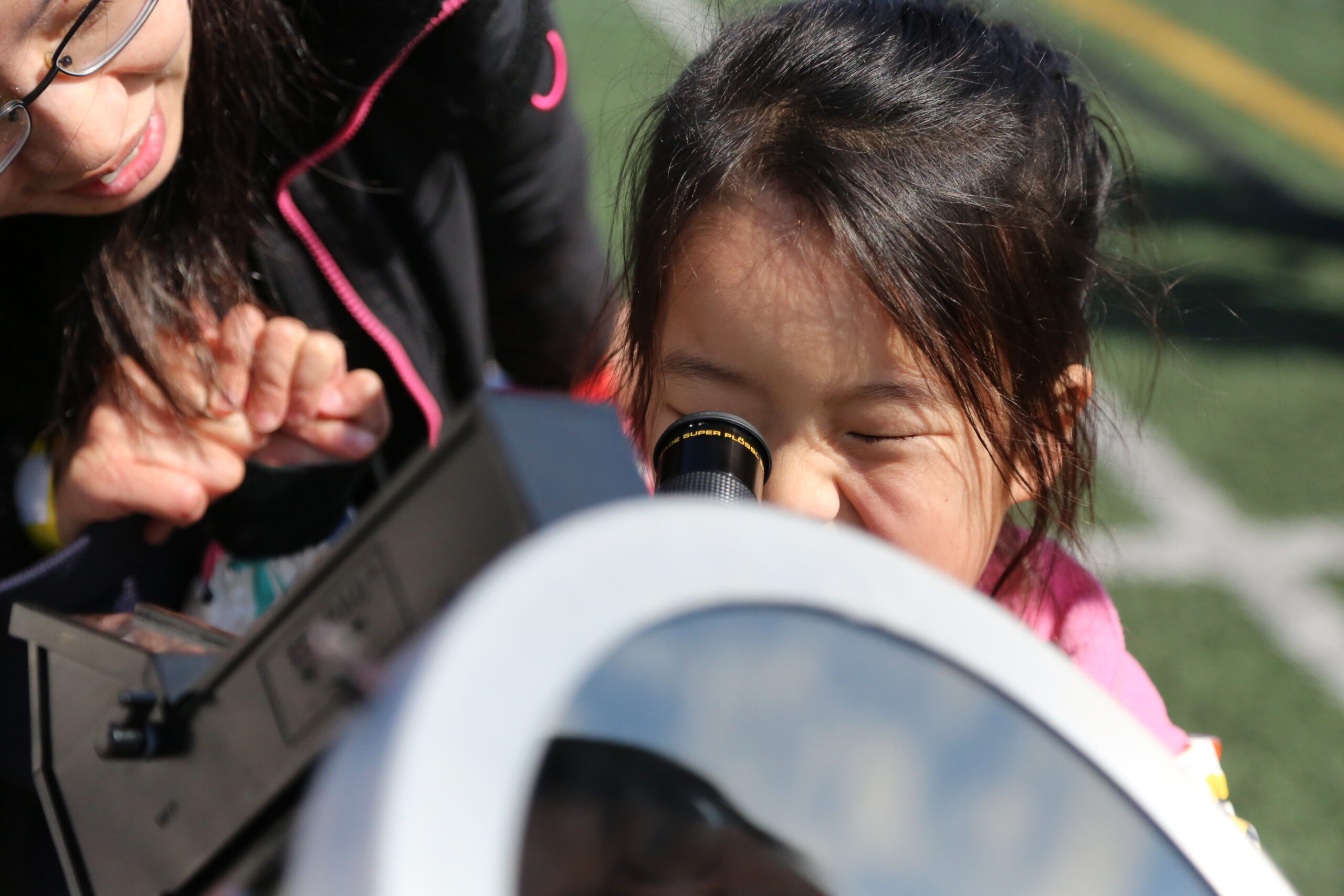
Physics and Astronomy grad students offer out-of-this-world view at total solar eclipse viewing party
Community, Engagement excellence, Graduate students
April 8, 2024
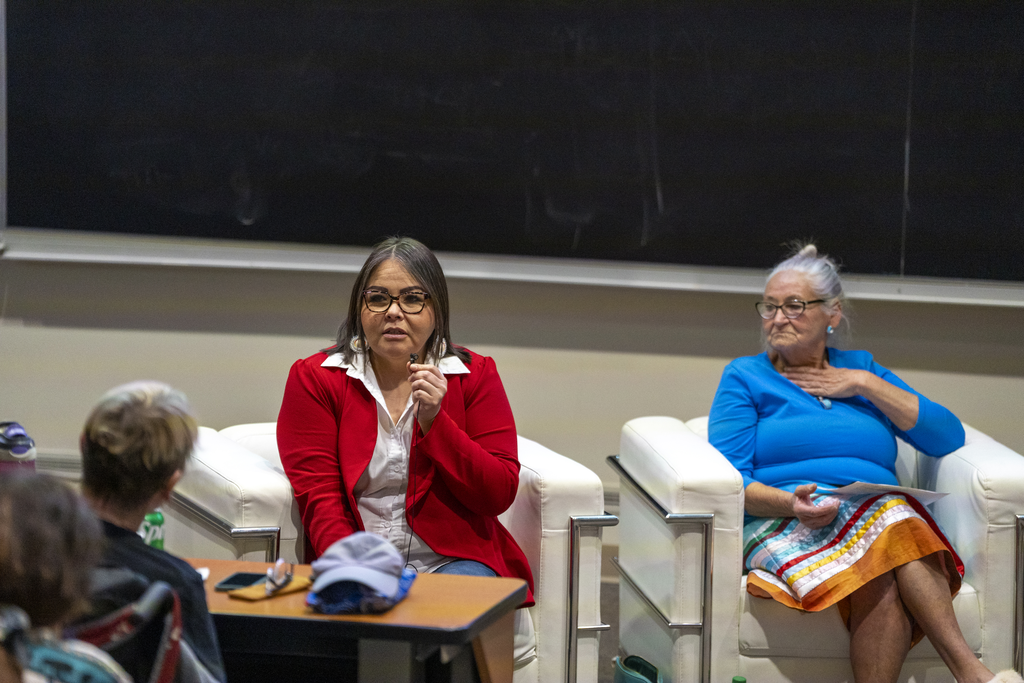
The greatest of love stories: Panel shares Indigenous perspectives on the eclipse and astronomy
Community, Faculty, Outreach, science communication
April 8, 2024

